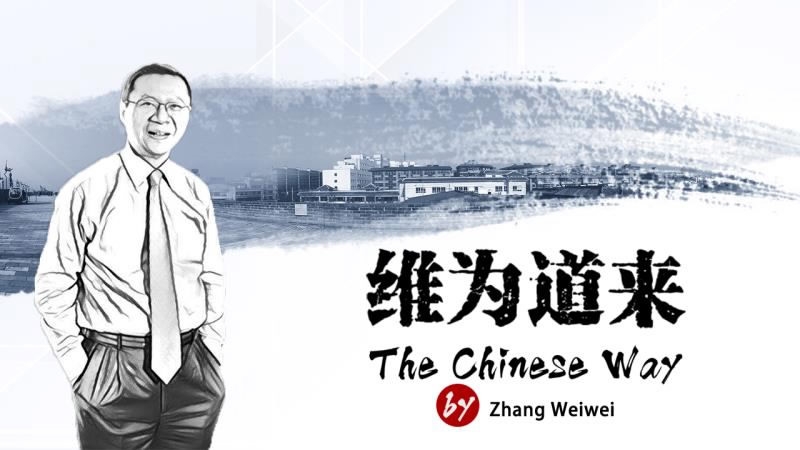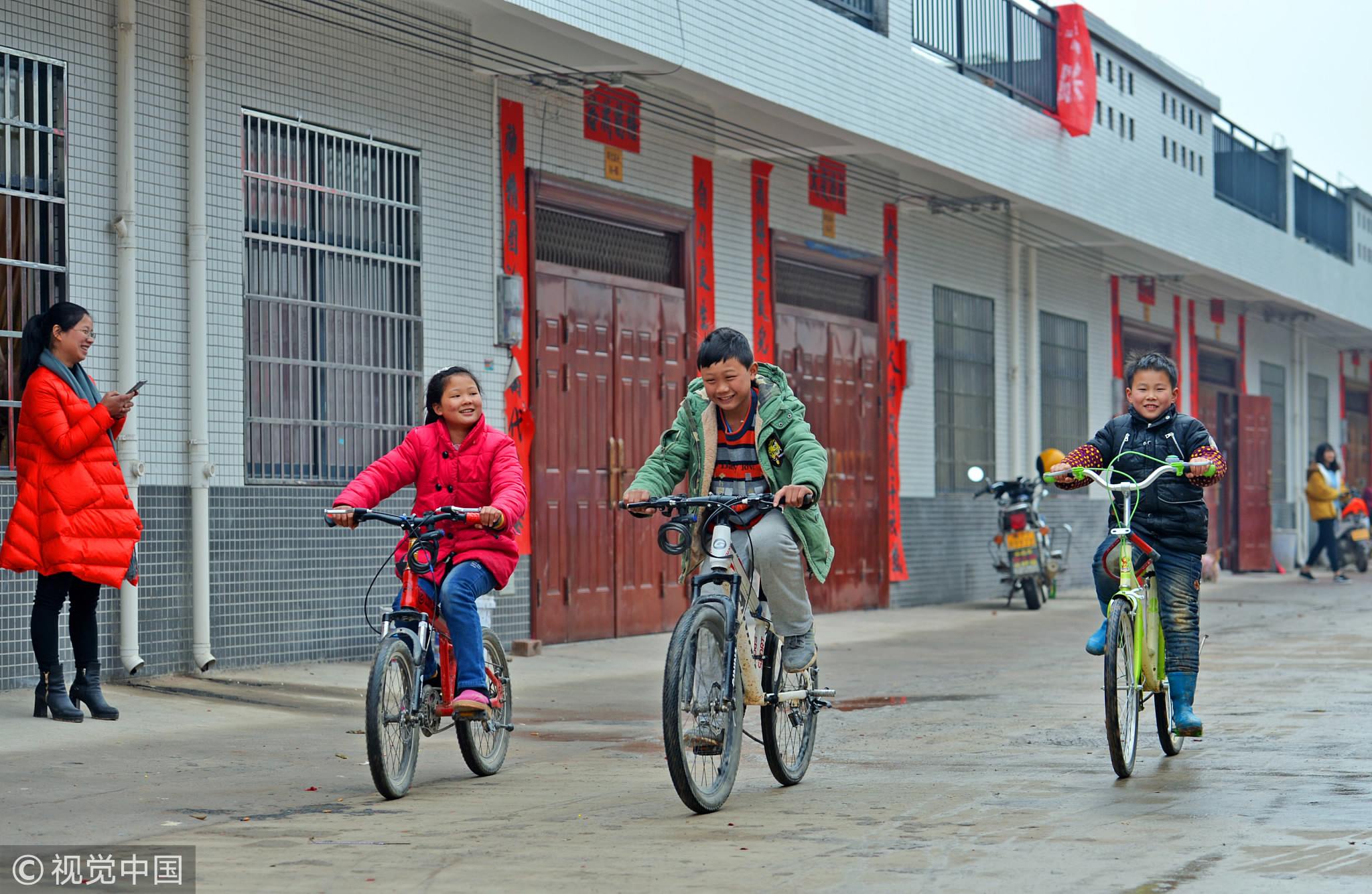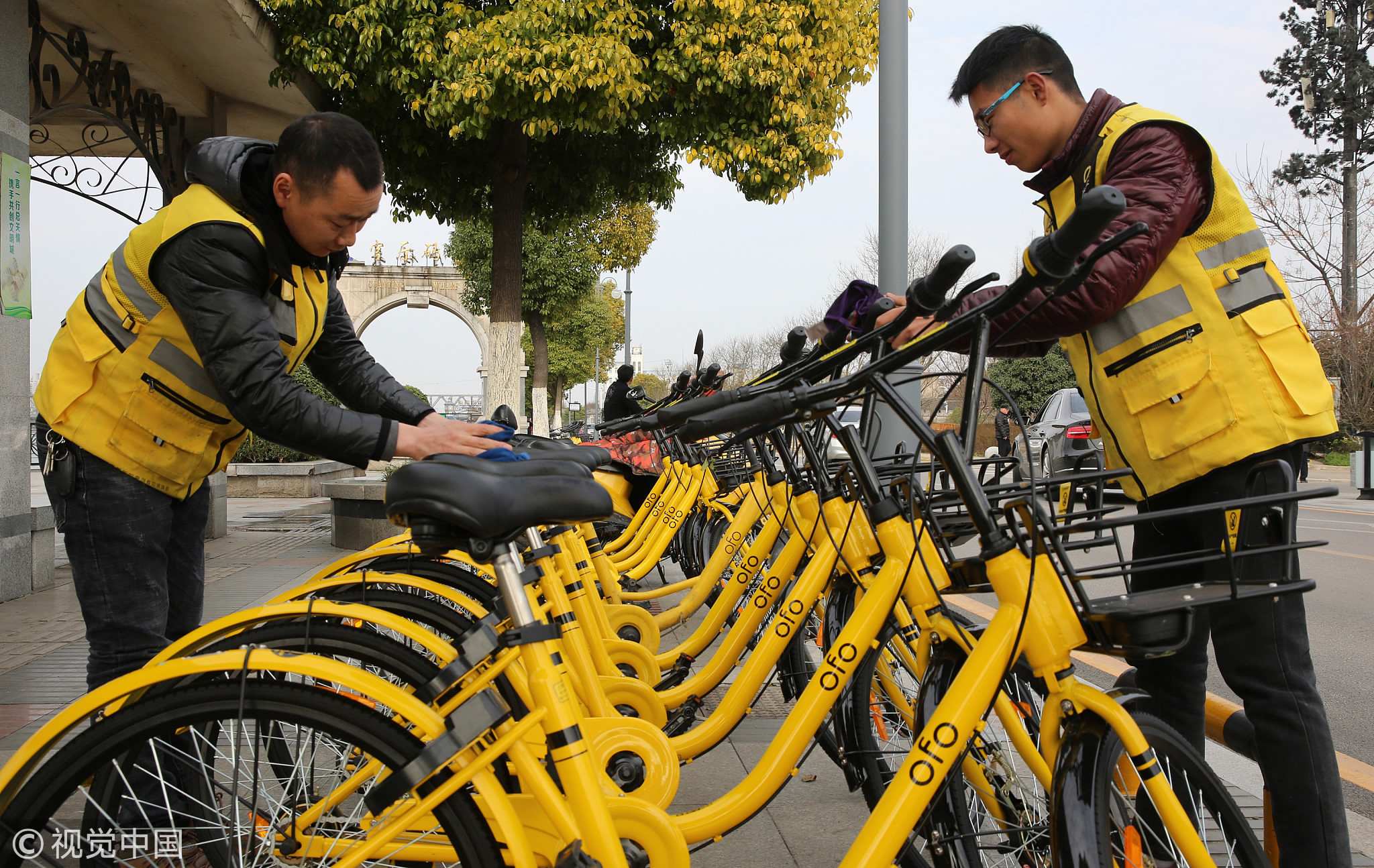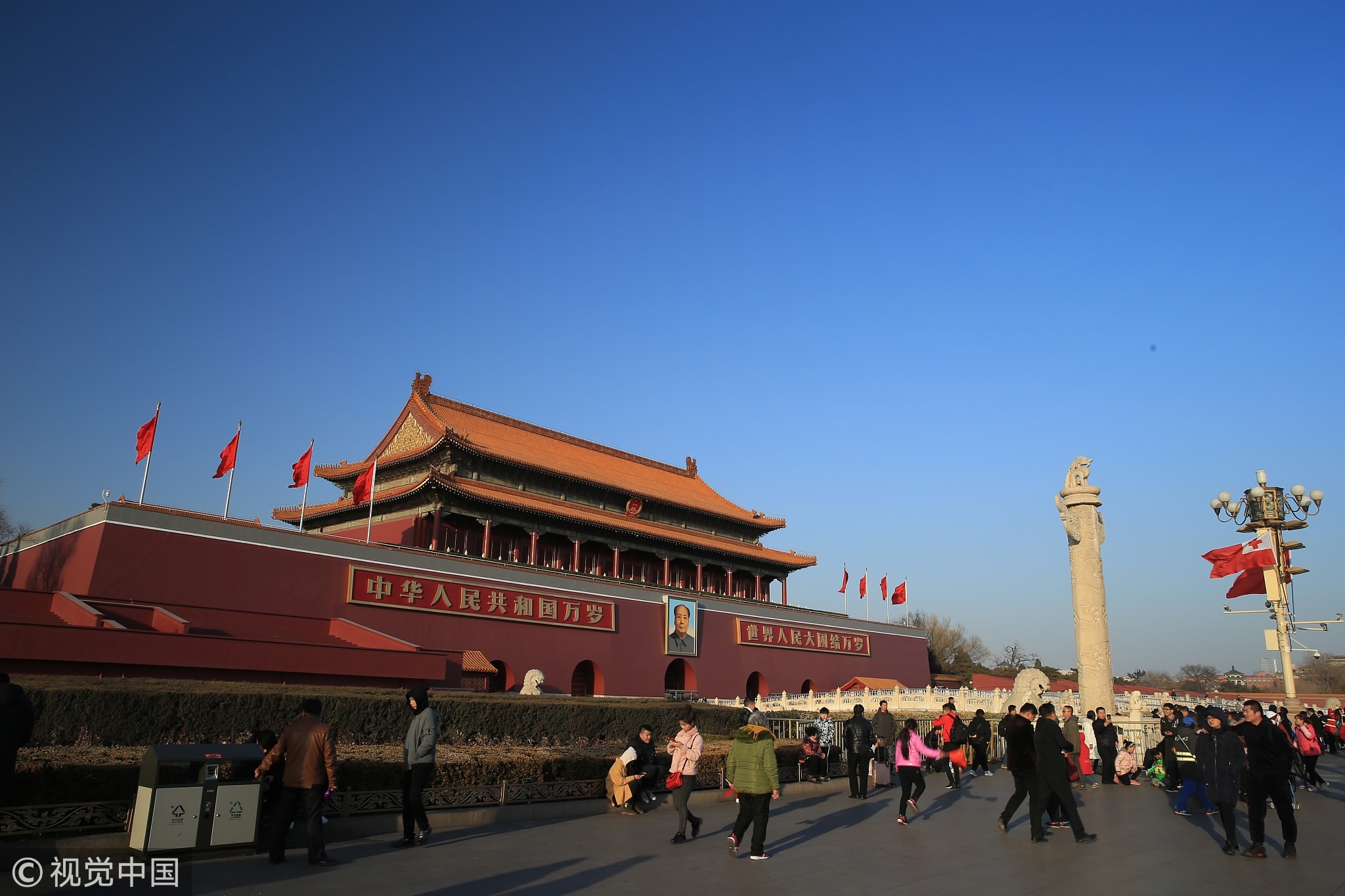
Opinions
15:00, 07-Mar-2018
What Xi’s economic thought means for China and beyond
Zhang Weiwei

Editor's note: Zhang Weiwei is a Chinese professor of international relations at Fudan University, and a senior research fellow at the Chunqiu Institute. He is the author of "The China Wave: Rise of a Civilizational State". "The Chinese Way" by Zhang is a 10-part CGTN Digital series casting a critical eye over the governance of modern China. Professor Zhang identifies merits and flaws in the Chinese system and contrasts the China model with Western equivalents.
- China focused on ‘quality’ growth and at the forefront of Third Industrial Revolution
- Xi’s economic thinking provides confidence in a time of global uncertainty
China economic development is now guided by the principles held by President Xi Jinping. Scholar Zhang Weiwei argues that Xi’s economic thinking is underpinned by an orientation around people, a focus on change based on quality, and an ambition to lead the new industrial revolution.
Not long ago, the 19th CPC National Congress officially put forward Xi Jinping Thought on Socialism with Chinese Characteristics for a New Era. The Xi Jinping Thought is a whole range of Xi's fundamental ideas and principles. Here I will discuss with you briefly his economic thinking, to see to what extent it's new, fresh and to examine its possible implications for China and beyond.
I see three broad categories in his economic thinking: people orientation, qualitative change, and new industrial revolution. Let me discuss them one by one
First, Chinese economic development should be people oriented. It should meet the needs of Chinese people for better life, which also means providing better services for the people for their whole life cycle from childbirth to elderly care and more, which means unprecedented more opportunities for development, for innovation,given the size of China’s population.
“A people-oriented economy and voter-oriented economy produce different results.”
- Zhang Weiwei
This approach is interesting, because it is in sharp contrast with Donald Trump’s approach, which may be called voters-oriented. People-oriented economy and voters-oriented economy produce different results. The people-oriented economy is highly inclusive, and brings tangible benefits to the vast majority of people, which is the case of China for the past four decades, and a voters-oriented one leads to greater social divisions and growing gaps between the rich and poor.

Village people move to new public houses in Yongzhou, Hunan Province, on Feb.10,2018./VCG Photo
Village people move to new public houses in Yongzhou, Hunan Province, on Feb.10,2018./VCG Photo
Second, China’s main economic objective is now to strive for better quality, better quality and better quality, rather than quantity. “Quality” is a key word for Xi’s economic thinking. After more than three decades of rapid growth, China's economy has been transitioning to slower, but higher-quality growth, which is only natural for a country with such positive ambitions.
Third, embracing the new technological revolution is vital for China’s future success. So China embraced bullet trains, the Internet economy and AI and renewable energy – making them the new drivers for the Chinese economy.
“Some observers have wondered if it’s fair that Xi Jinping is forward-looking and embraces the year 2050, while Trump embraces the year 1950.”
- Zhang Weiwei
China missed the first Industrial Revolution of steam engines, and missed the Second Industrial Revolution of electricity, but as for the Third Industrial Revolution of the Internet, big data and AI, China now is on a par with the United States in many areas, and is the leader in some other areas such as mobile payments, e-commerce and the shared economy. Some observers claimed, I don't know whether it is fair or not, that Xi Jinping is forward-looking and embraces the future, the year 2050, while Donald Trump embraces the past, the year 1950.

Stuff are cleaning the sharing bikes in Xiangyang, Hubei Province, on Mar.5, 2018./VCG Photo
Stuff are cleaning the sharing bikes in Xiangyang, Hubei Province, on Mar.5, 2018./VCG Photo
Perhaps we can use elementary arithmetic to explain Xi’s economic thinking under the above three principles, we have addition, subtraction, multiplication and division.
Let's look at them one by one.
First addition: which means to increase targeted investment in emerging industries of strategic importance, such as renewable energy, information technology, new materials and applying new technologies to traditional manufacturing; to increase the supply of better quality goods and services. Over the past five years, Xi has launched a large-scale what he calls supply-side structural reform program.
What does it mean exactly? We can use agricultural produce as an example. Rather than focusing on quantity like in the past, there is an increasing demand for green products, so China invests heavily more in green agriculture to meet the increasing demand from China’s rapidly expanding middle class for green products.

People are enjoying the blue sky in Beijing, on Mar.2, 2018./VCG Photo
People are enjoying the blue sky in Beijing, on Mar.2, 2018./VCG Photo
Number two, subtraction: which means de-leveraging to prevent financial and real estate bubbles. Enterprises and local governments are required to lower their high leverage levels and companies are required to cut excess capacity for low-end products. The list goes on.
“China is the most exciting place to be if you care about new technology and innovative economies.”
- Zhang Weiwei
And number three, multiplication: which means to be innovative, to carry out innovations. Innovation becomes the driving force for China’s growth, which indeed produces multiplying effects. Look at what’s going on in China today, it's exciting: the Internet revolution, WeChat revolution, e-commerce revolution, and bullet train revolution, the list goes on, which have changed China and moved China to the foremost frontier of a new technological revolution. China is the most exciting place to be if you care about new technology and innovative economies.
And number four, division: which means the subtraction of subtraction, which means de-leveraging to prevent financial and real estate bubbles by a big margin to close polluting factories with doubled efforts.
In these years of global uncertainty, with rising protectionism and de-globalization, Xi Jinping and his economic thinking provide certainty and confidence, which is good for China and for the rest of the world.

SITEMAP
Copyright © 2018 CGTN. Beijing ICP prepared NO.16065310-3
Copyright © 2018 CGTN. Beijing ICP prepared NO.16065310-3